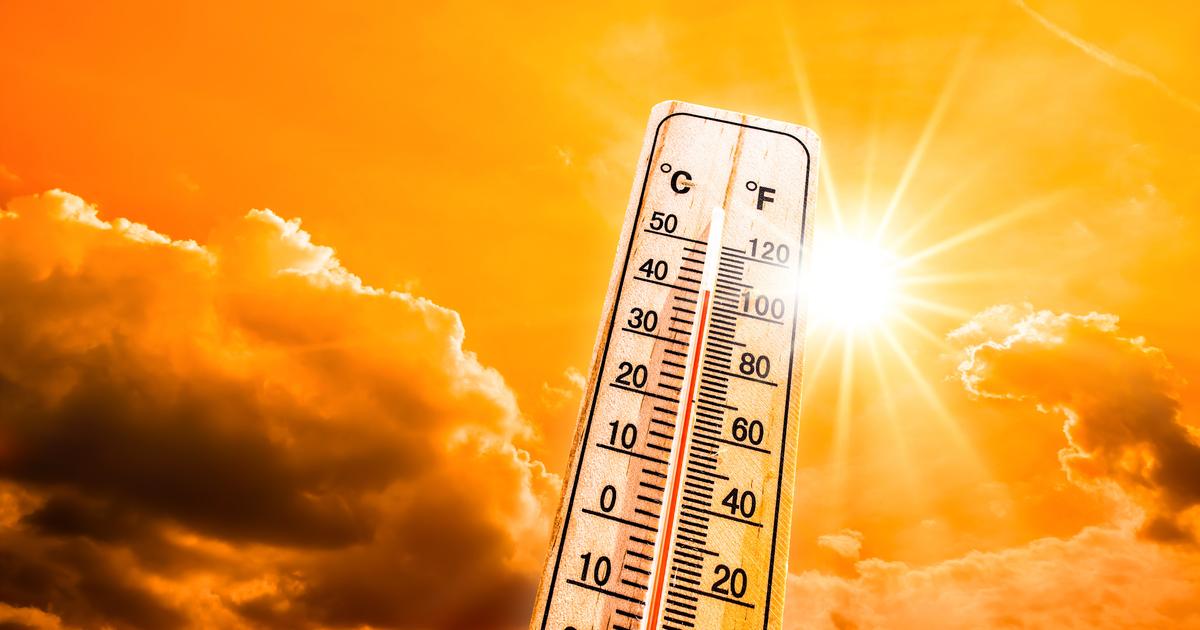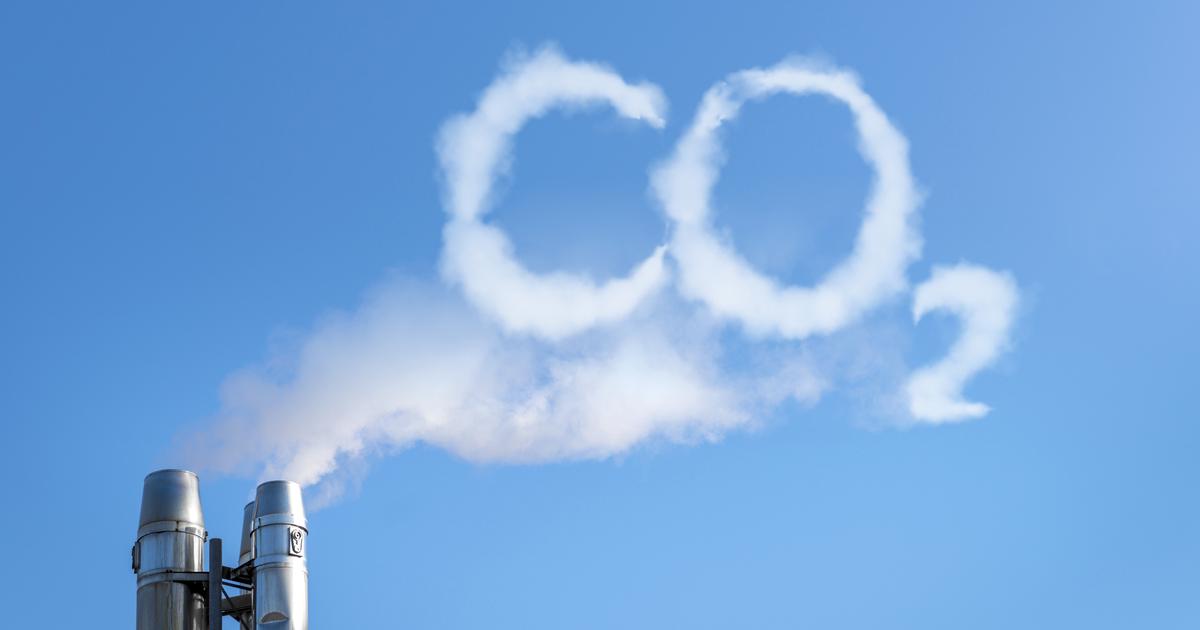They are the primary source of global warming and should reach a level never seen before by 2023. Global CO2 emissions will continue to grow, given the too small share that the recovery plans linked to Covid devote to clean energies, warns the International Energy Agency (IEA) on Tuesday.
If the States have released unprecedented sums to face the pandemic, barely 2% have so far gone to the transition in favor of clean energies, calculated the IEA in an analysis of the recovery plans and their energy impact. At this point, the bulk of the $ 16 trillion in announced tax measures has gone into health spending and emergency support for businesses and households. Some 2,300 billion have been devoted to economic recovery, including 380 billion related to “sustainable” energy projects.
Result: "in view of current public expenditure forecasts, CO2 emissions are set to reach record levels in 2023 and continue to grow in the following years".
"Since the start of the Covid-19 crisis, many governments have said how important it is to rebuild better, for a healthier future, but many still have to walk the talk," said the director of the IEA , Fatih Birol.
More funds, but still insufficient
"Not only does investing in clean energy put the world far from the path of carbon neutrality in the middle of the century, but it also fails to prevent a new record of emissions," he laments.
Funding, public and therefore also private, is lacking.
According to calculations made by the IEA and the IMF, 1 trillion dollars of additional green investment per year and over three years (energy efficiency, electrification, networks, etc.) would make it possible to support both the recovery and the creation of " 9 million jobs ”, in compliance with the Paris climate agreement.
Read also Global warming: these crazy techniques to manipulate the weather
To date, the measures adopted are expected to result in $ 350 billion in additional annual spending, from 2021 to 2023: a better estimate than before the pandemic, but still insufficient. The trend is particularly alarming in developing and emerging countries, where, for example, the rebound in electricity demand finds its response in coal rather than solar or wind power. These regions barely show 20% of the investments necessary for their decarbonization, according to the report, which fears a "growing gap" with the rich countries.
Thus "many countries are also missing the opportunities they could derive from the development of clean energies: growth, jobs, deployment of the energy industries of the future", regrets Fatih Birol, who takes the opportunity to recall the commitment of the countries of the North. with regard to the South.
At the COP21 in Paris in 2015, developed states pledged to provide at least $ 100 billion annually in climate finance, a “floor” amount and a pledge of more than ten years.
A call to abandon any new gas installation
With the Covid crisis, the International Energy Agency, with its recovery plan monitoring tool, is helping governments measure the impact of their action.
This updated report is also published for the G20 of Environment and Energy ministers to be held on July 22 and 23 in Naples.
More than 800 measurements in 50 countries have been scrutinized, which can be viewed on the Agency's website.
In May, the institution, which also monitors greenhouse gas emissions, struck people's minds by publishing its roadmap for global carbon neutrality by 2050. Major conclusion: all new oil and gas installations must be abandoned. .
A road "narrow but still practicable, if we act now", insisted Tuesday the director of the agency.















